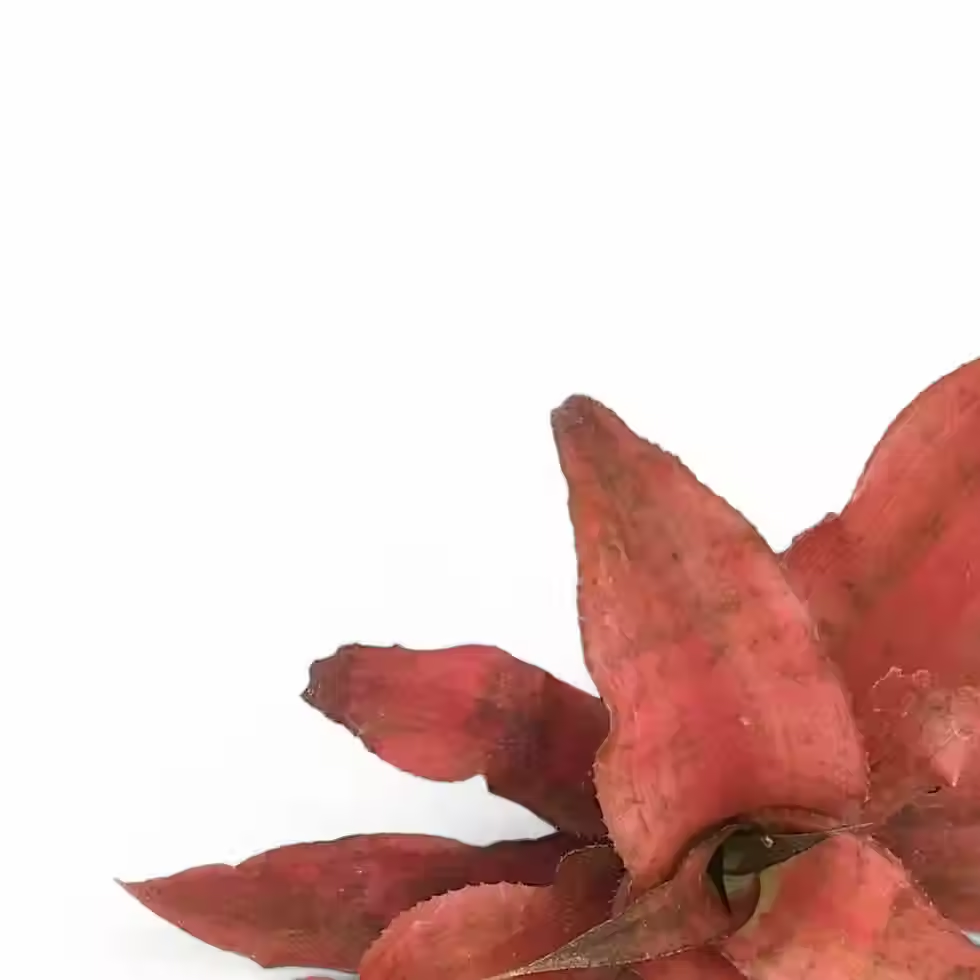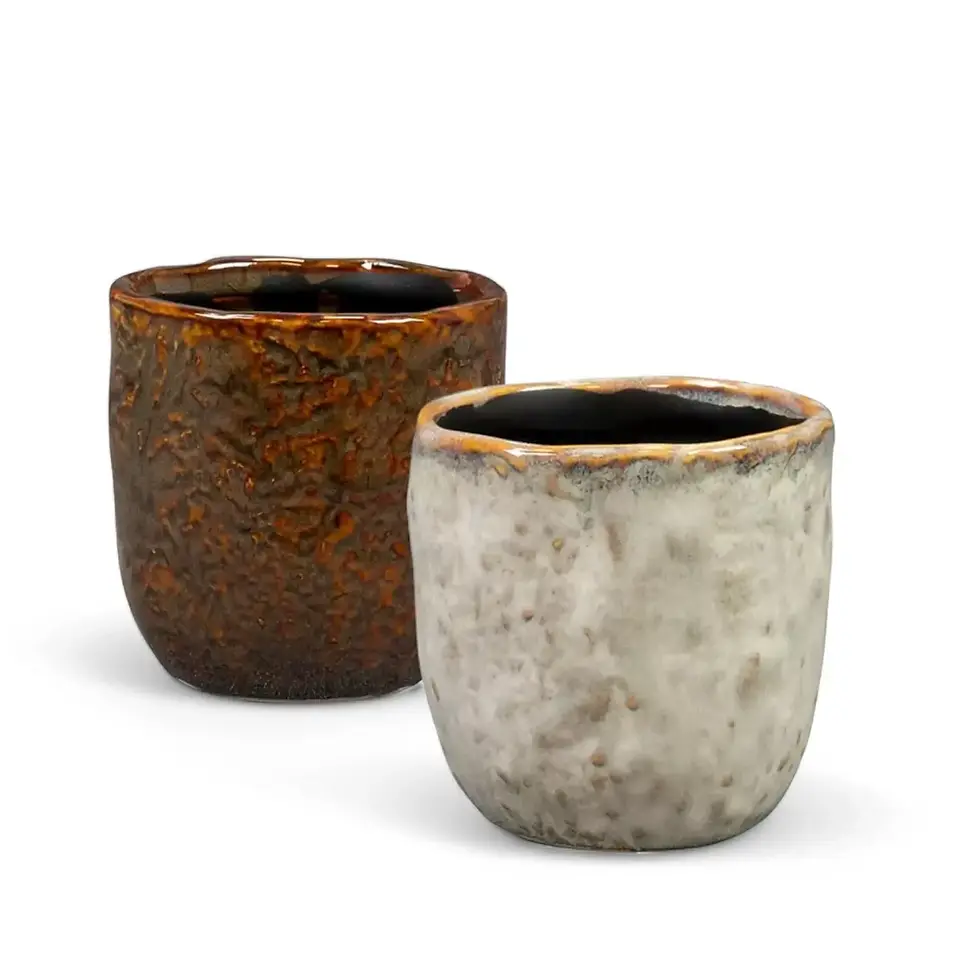Begonia ferox - Information and Plant Care
Begonia ferox, native to the limestone hills of southern China, is renowned for its highly textured, bullate leaves. Often compared to Begonia melanobullata, this species has a more pronounced pointed leaf apex, adding dramatic appeal to any plant collection. Its slow-developing, blistered foliage makes it a rewarding plant for enthusiasts.
Features
- Leaf Texture: The exaggerated bullate surface matures gradually, enhancing visual interest.
- Coloration: Deep green leaves with lighter undersides dark bullate formations create a striking contrast.
- Size and Growth: Compact, reaching up to 30 cm in height with a slow growth rate.
- Leaf Apex: More sharply pointed than Begonia melanobullata, giving it a distinctive silhouette.
Begonia ferox Plant Care
- Light: Prefers bright, indirect light. Avoid direct sun to prevent scorching.
- Water: Keep soil evenly moist but allow the top layer to dry slightly between waterings to prevent root rot.
- Humidity: Thrives in high humidity but avoid misting directly on the leaves.
- Temperature: Best kept between 18-24°C avoid cold drafts.
- Soil: Use a well-draining mix of perlite, and orchid bark.
- Fertilization: Apply a diluted balanced fertilizer once a month during the growing season.
- Pruning: Remove yellowing or damaged leaves as needed to maintain plant health.
Common Issues and Solutions
- Root Rot: Caused by overwatering. Ensure well-draining soil and allow slight drying between waterings.
- Leaf Browning: Due to low humidity or underwatering. Increase humidity and monitor watering frequency.
- Pests: Watch for spider mites, mealybugs, and aphids. Treat with neem oil or insecticidal soap.
- Leaf Yellowing: Indicates overwatering or insufficient light. Adjust watering habits and move to a brighter location.
Additional Tips
- Propagation: Can be propagated via leaf cuttings. Place segments with main veins in a moist medium and keep in a humid environment.
- Ideal Placement: Best positioned in bright, indirect light with consistent humidity.
- Potting: Prefers to be slightly root-bound. Repot only when necessary in a slightly larger pot.
Understanding the natural habitat of Begonia ferox—filtered light, high humidity, and well-draining limestone-rich soil—will help replicate ideal growing conditions.
Etymology
The genus name Begonia was established in the mid-18th century by Charles Plumier, who named it after French administrator and plant enthusiast Michel Bégon.
Begonia ferox
Begonia ferox comes in following sizes:
M – is approximately 20 cm tall and comes in a ⌀ 12 cm pot.
XL – is approximately 30 cm tall and comes in a ⌀ 17 cm pot.

























































